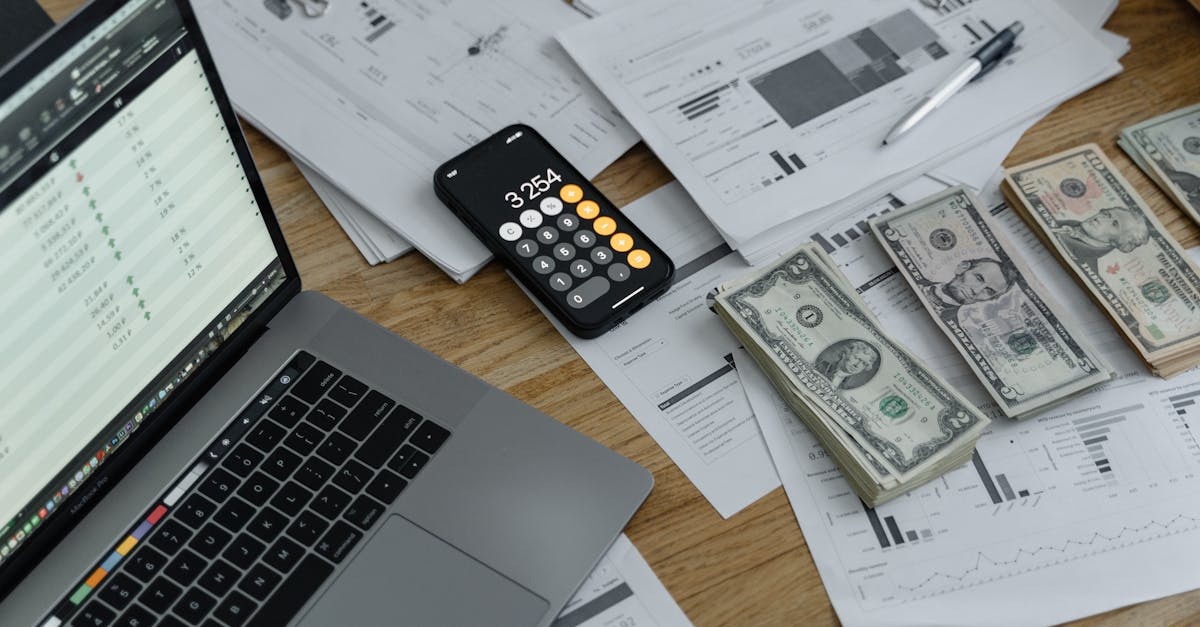Utility bills can feel like that one friend who never leaves the party—always lurking and demanding attention. But managing these pesky expenses doesn’t have to be a full-time job or a source of stress. With a few clever strategies, anyone can tame the wild beast of monthly bills and even save some cash for that long-awaited vacation.
Imagine opening your mailbox and finding a bill that doesn’t make you cringe. By adopting smart habits and a bit of planning, it’s possible to keep those utility costs in check. From energy-saving tips to budgeting hacks, this guide will empower you to take control of your expenses while keeping a smile on your face. After all, who wouldn’t want to turn their utility bill from a dreaded chore into a manageable task?
Table of Contents
ToggleUnderstanding Utility Bills
Utility bills represent essential services that every household relies on. Understanding these bills helps in managing them effectively.
Types of Utility Bills
Water, electricity, and natural gas make up the most common utility bills. Internet and trash services also contribute to monthly expenses. Each of these bills covers different aspects of daily living, impacting overall household budgets. Some locations might include additional charges for sewage or stormwater management. Knowing the types of utilities helps prioritize payments based on usage and necessity.
Common Terms in Utility Bills
Several terms appear frequently on utility bills. Billing cycle refers to the period for which a bill is calculated, often monthly. Usage indicates the amount of service consumed, typically measured in kilowatt-hours for electricity or gallons for water. Rate describes the cost per unit of service, which can vary based on provider plans or time of use. Other important terms include due date, which signifies when payment is expected, and minimum payment, which represents the smallest amount that can be paid without incurring penalties. Familiarity with these terms makes it easier to understand charges and plan budgets.
Tips for Managing Utility Bills
Managing utility bills requires proactive measures to enhance cost efficiency. Implementing effective strategies can lead to significant savings over time.
Creating a Budget
Establishing a budget for utility expenses helps in controlling monthly costs. Begin by tracking previous bills to identify average spending on each utility type. Include essential categories such as electricity, water, and internet. Allocate specific amounts for each category based on historical data. Adjust budgets as needed when seasonal changes occur or new rates emerge. Regularly review this budget to ensure adherence and make improvements. Use budgeting tools or apps to simplify tracking and provide visual insights into spending habits, promoting better financial stability.
Tracking Usage
Monitoring utility usage allows for immediate adjustments that can lower costs. Start by reviewing monthly statements, which indicate usage patterns. Identify peak usage times and adjust behaviors accordingly. Implementing simple daily habits, like turning off lights or unplugging devices, contributes to noticeable reductions in consumption. Consider investing in smart meters or devices that provide real-time usage data; these tools enhance awareness of how much energy and resources are being consumed. Comparing usage with prior months can reveal trends, helping to identify areas for further savings and efficiency improvements.
Strategies to Reduce Utility Costs
Reducing utility costs can significantly impact monthly expenses. Implementing effective strategies can lead to substantial savings.
Energy Efficiency Tips
Upgrade appliances to energy-efficient models, as they use less electricity and water. Seal windows and doors to prevent drafts and maintain temperature. Use LED bulbs, which consume less energy and last longer than traditional bulbs. Regular maintenance of heating and cooling systems ensures optimal performance and efficiency. Unplug devices when not in use to avoid phantom energy consumption. Consider using programmable thermostats to adjust heating and cooling automatically based on routines.
Timing Your Usage
Utilize off-peak hours for energy use to minimize costs. Many utility companies offer lower rates during specific times, typically early mornings or late evenings. Run appliances such as dishwashers and washing machines during these hours. Shift high-energy tasks, like laundry, away from peak usage times, which can help in lowering monthly bills. Monitor your utility provider’s pricing structure to take advantage of these savings. Planning usage around these times can significantly decrease overall costs.
Tools and Resources for Bill Management
Multiple tools and resources aid in managing utility bills effectively. Utilizing these options can enhance budget planning and monitoring utility usage.
Utility Apps
Utility apps simplify tracking and managing utility costs. Many of these apps allow users to input specific bill information, enabling precise budgeting. Several apps provide real-time usage monitoring, helping identify patterns and potential savings. For instance, apps like EnergyHub and Bill Tracker can assist in comparing past bills and projecting future expenses. Notifications about upcoming due dates also help avoid late fees. Users can create personalized goals, making it easier to stay on track with spending.
Online Payment Options
Online payment options streamline the bill-paying process. Most utility companies offer secure portals for easy bill payments. Users can set up automatic payments to ensure timely submissions, eliminating the risk of missed deadlines. They also allow for immediate payment confirmations, offering peace of mind. In addition, many utilities provide the option to view and pay bills via smartphone apps. This convenience enhances accessibility and flexibility for managing utility expenses efficiently.
Conclusion
Managing utility bills doesn’t have to be a daunting task. By adopting smart habits and utilizing available tools, individuals can take control of their expenses and discover new ways to save. Understanding the nuances of utility bills and actively monitoring usage can lead to significant reductions in costs.
Incorporating energy-efficient practices and leveraging technology can transform how households approach their utility expenses. With the right strategies in place, it’s possible to turn what once felt like a burden into an opportunity for financial freedom. Embracing these changes can lead to a more manageable and enjoyable budgeting experience.





